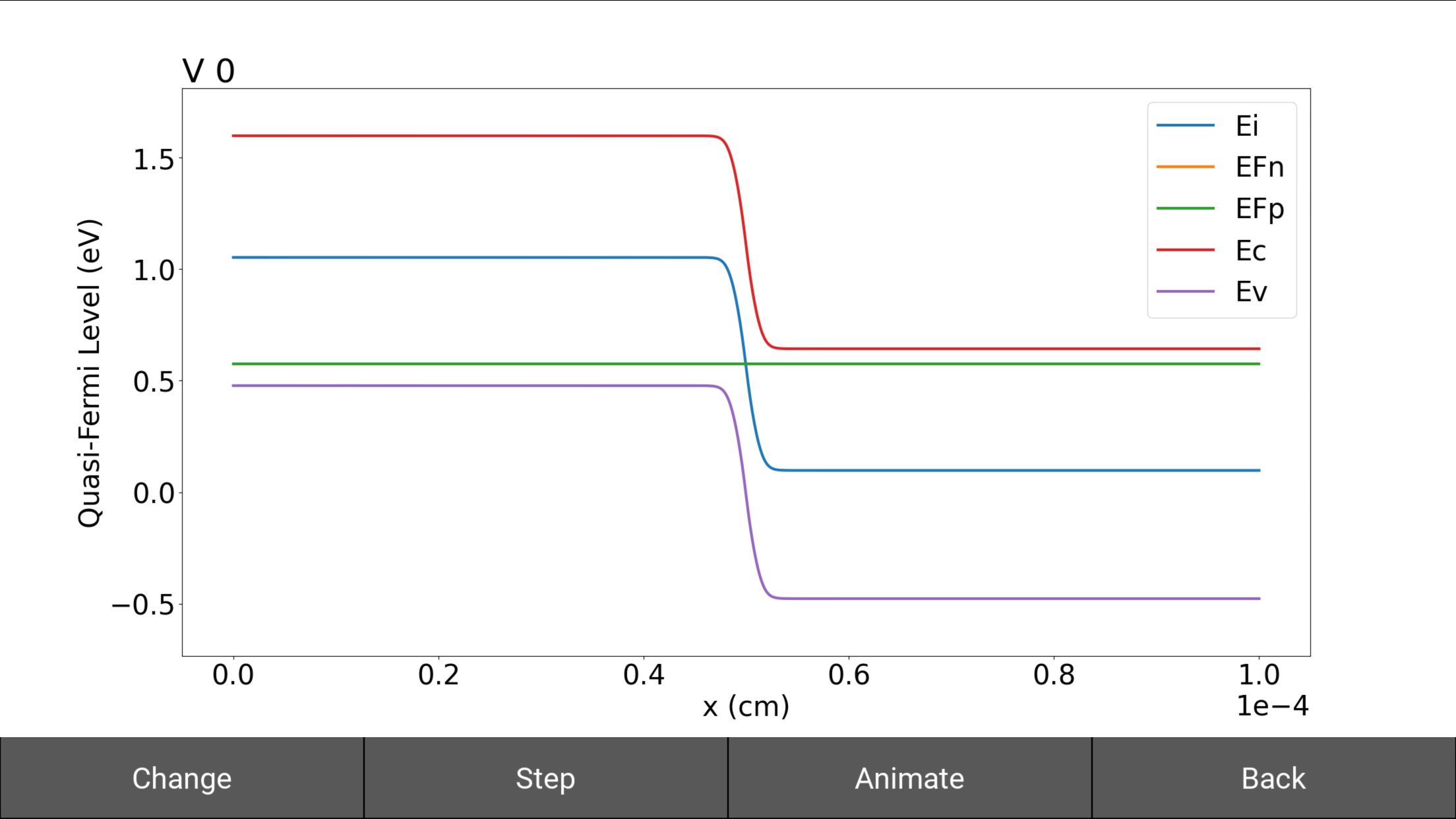New release of the DEVSIM® Semiconductor Device Simulator
December 18, 2018: DEVSIM LLC announces the release of version 1.0 of the DEVSIM® TCAD Semiconductor Device Simulator. Open source since 2013, DEVSIM® uses finite volume methods to solve for the electrical behavior of semiconductor devices on a mesh. In addition to the standard drift-diffusion equations, the density-gradient method can be used to account for quantum effects near semiconductor insulator boundaries. This approach is suitable for:
- Simulating Advanced Semiconductor Devices
- Capacitance Extraction
- Generalized PDE Simulation
In this release, the software has been extended to support easier integration into existing Python installations on macOS, Microsoft Windows, and Linux operating systems. In addition, the version numbering system has been adapted to reflect major and minor changes to the software.
DEVSIM® is available from https://devsim.org. The site include more information for those who wish to use or participate in development of this software.
About DEVSIM LLC
DEVSIM LLC was founded in 2008 to provide TCAD simulation software and programming services. For more information, please visit https://devsim.com.
DEVSIM® is a registered trademark of DEVSIM LLC. All product names, trademarks and registered trademarks are property of their respective owners.

